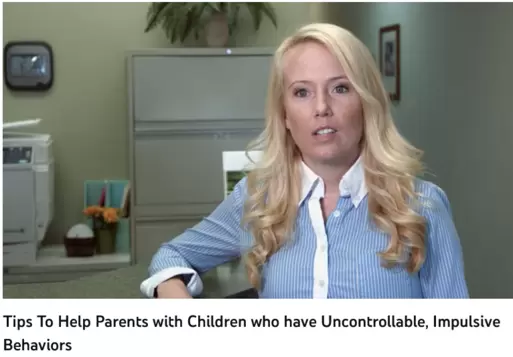Impulsiveness will lessen as we learn self control. This has to be taught and parents need to be patient because Teenagers are motivated by instant gratification.
- bingeing: overindulging in things like shopping, gambling, and eating
- destruction of property: destroying your own or someone else’s things in a moment of anger
- escalating problems: taking minor situations and making them more urgent and important than necessary
- frequent outbursts: losing your cool far too often, even when it’s clearly uncalled for
- lots of starting over: abruptly joining and quitting groups or wiping the slate clean in search of a fresh start
- oversharing: talking without thinking and sharing intimate details
- physical violence: overreacting by getting physical in the spur of the moment
- higher risk sex: engaging in sex without a condom or other barrier method, especially with a person whose STI status is unknown
- self-harm: hurting yourself in the heat of anger, sadness, or disappointment
STRATEGIES
- Teach Your Child to Label Feelings.
- Ask Your Child to Repeat the Directions.
- Teach Problem-Solving Skills.
- Teach Anger Management Skills.
- Establish Household Rules.
- Provide Structure and Be Consistent.
- Create a Reward System.
- Be a Good Role Model.
Teenage behaviours in teens can range from the goofy to the dangerous e.g.
-Going out tee peeing after curfew (toilet papering)
-Hitting the guy who sits in front of him with a book
-Burning hair off his arms
-Getting in a car with a cute guy she doesn’t know
-Sticking her finger into an outlet
-Riding a skateboard into a tree
Don’t bother asking what were you thinking – You already know the answer
Teenagers have poor judgement and impulse control plus their hormones are intense and strong and they have new and unknown feelings. Impulsiveness is a sign of life. It signals that your adolescent has emotions and that she wants to experience life, take risks, and be present
Distinguish between impulsive behaviour and character
Pure impulsiveness is thoughtlessness. They don’t have a real and deliberate intention to them.
Character issues though, do have thought and intention.
Impulsive behaviours can be silly or reckless.
Violence, substance abuse and sexual acting out are more to do with character
Bring the problem into the relationship You need to talk to your teenager about her behaviour. If she denies the problem , or rejects your help, don’t pay attention.
Help your teen reflect on the behaviour and it’s costs – Impulses aren’t connected to thought so bring thought into the scenario.. Talk to your kid about what he does and what it costs him. Introduce him to the concept of reflection and judgement so that he sees what it looks like. Tell him you need him to start thinking about thinking and noticing what he is thinking and feeling because he needs to take ownership of his thoughts and feelings.
Minimise external chaos. Kids who are impulsive are internally chaotic so you need to minimise the external chaos by providing routine, peace and structure.
Establish and keep the limits – If your teen can’t control her words or behaviours don’t ignore them. Your teen needs to know that if she continues to do things without thinking she is choosing to lose something that is important to her. Whether it be freedom, social time, privileges or some gadget. Be clear and follow through with the consequences When kids with impulsivity problems experience appropriate and consistent consequences they will begin to develop the frustration, awareness and self control that will ultimately resolve the issue.. The greater a kid’s impulse problem the greater external care and structure he will need. So increase support and structure to the extent of your teen’s impulses. This might mean anything from peer groups, to counselling to another environment.

